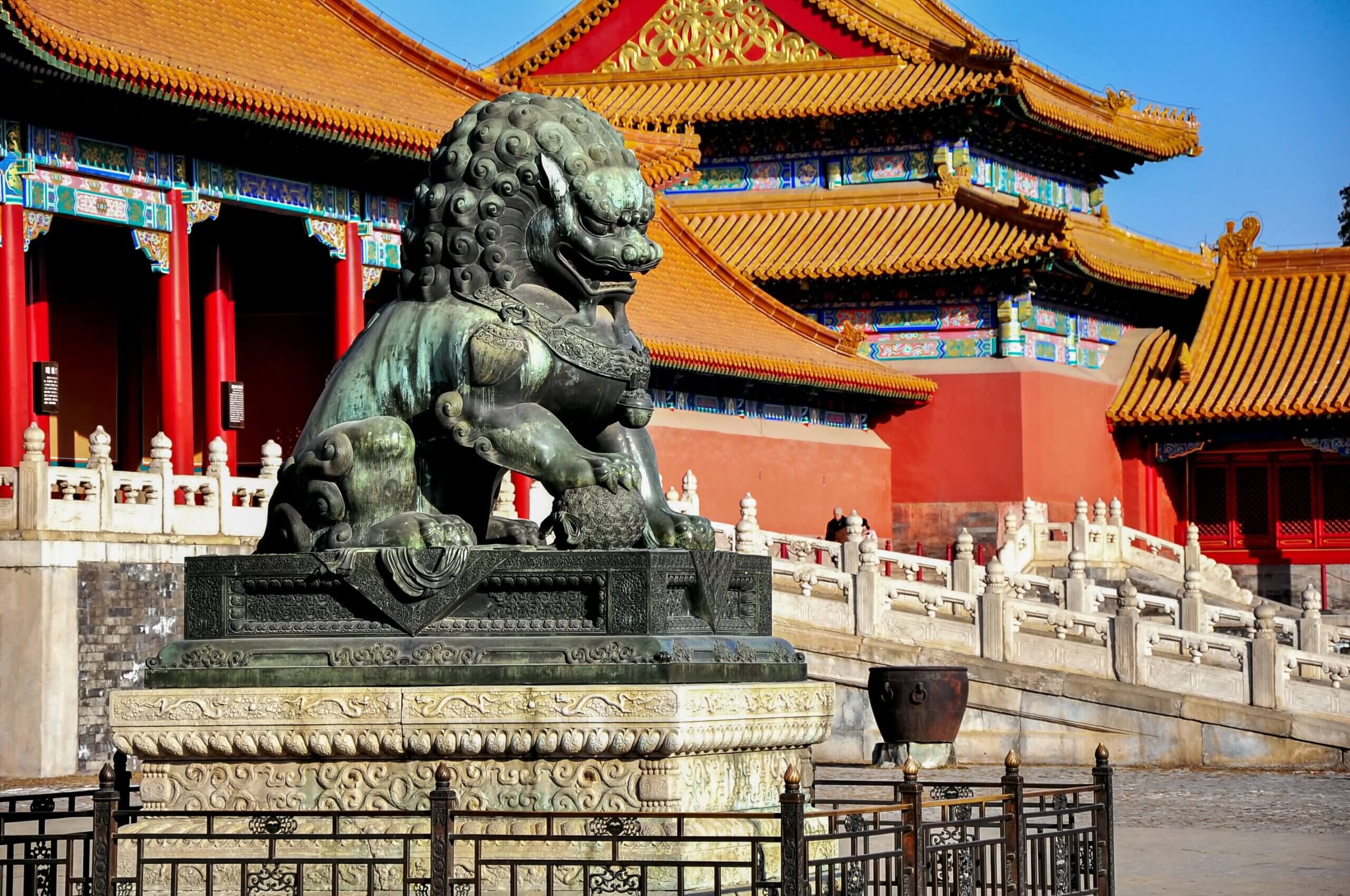What this is: On September 16, 2021, Singapore’s accession to the HCCH 1961 Apostille Convention (Convention of 5 October 1961 Abolishing the Requirement of Legalization for Foreign Public Documents) became effective.
What this means: This was good news for anyone needing to present authenticated documents for use in Singapore. The accession makes this administrative task much simpler and more efficient.
Over the past few decades, Singapore has become a hub for research and innovation, attracting a number of international technology firms and other multinational corporations.[i] Additionally, it was ranked as the world’s most competitive economy by the Institute for Management Development. Singapore’s ascendance means that more U.S. firms are conducting business there and may have a need to legalize or authenticate certain public and private documents.
Apostille Process For U.S. Documents to be Used in Singapore
As a result of Singapore’s accession, documents can now go through the apostille process rather than the legalization process. For government issued documents, such as a Certificate of Good Standing or certified copies of a Certificate of Incorporation, the documents simply need to be presented to the issuing state’s competent authority, which, in most cases, is the Secretary of State, with a request that an apostille for the country of Singapore get attached.
The apostille certifies the signature and position of the government official that appears on the document. For a non-publicly issued document, there is the preliminary step of getting the document signed and notarized, so that the notary’s signature and position can be certified. In some states, the county clerk must verify the notary signature before the state will attach an apostille. In other states, no preliminary verification is required. Once the apostille is attached, the document is ready to be used in Singapore.
Ensure your documents are ready for use worldwide with Cogency Global’s trusted legalization services.
Want to know which other countries have joined the Hague apostille convention? View our list of Countries and Territories that are Party to the Hague Convention Abolishing the Requirement of Legalization.
This article is provided for informational purposes only and should not be considered, or relied upon, as legal advice.
[i] https://www.forbes.com/custom/2018/08/13/singapore-a-global-hub-for-innovation/




Leave Us A Comment
Did you find this article useful? We'd love to hear your thoughts. Join the conversation by leaving a comment or question below.